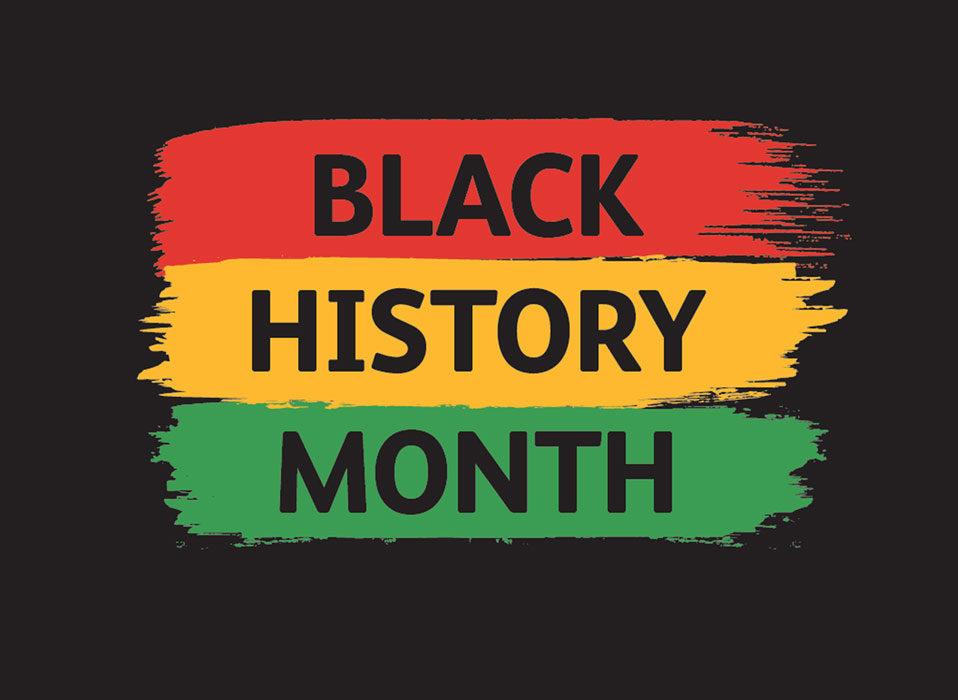Black History Month shows the ways black culture has had a profound impact
Dike Okoh is an acclaimed songwriter, producer, artist, and playwright. Dike has worked with Sense on our arts programme and has toured widely as a musician. In this guest blog, Dike tells us about his music and what Black History Month means to him.
I come from a musical family and music has always been a part of my life. When I was little, I’d hear a cross-pollination of different musical genres and songs being played at home, from Beethoven’s Pathetique Sonata Opus 13, to Many Rivers to Cross by Jimmy Cliff.
My parents and siblings would also play music by African artists like Sunny Ade and Miriam Makeba and African American funk and soul artists like Aretha Franklin, Kool and the Gang and The Commodores.
This eclectic mix no doubt shaped my songwriting: I started when I was nine. Later on, my writing was also influenced by jazz and hip hop.
I’ve had some great moments in my musical career. Performing in different countries is always memorable and I feel really lucky to have done that. But hearing the dialogue and songs I wrote being performed by actors and musicians, first in rehearsals and then on stage in front of an audience for the first time, was pretty special.
Fabric of Sound with Sense
Back in 2020, I was asked by Sense to develop an online workshop, tackling loneliness and isolation among disabled people.
It was called Fabric of Sound and I performed two songs to create a sense of interaction, togetherness and creativity.
Fabric of Sound is essentially an activity that enables those who are deafblind and those with complex disabilities to reflect on the things that bring comfort to them.
It was a great experience working with Sense. Art has an enormous impact on society, at its best, it’s able to remake the world, showing it to us anew.
When organisations like Sense get involved in the arts, they empower people by engaging in art as a means to connect and experience the world.
Such engagement helps to tackle stigmatisation and discrimination by establishing a focus on connection rather than on functional limitation.
Why Black History Month is so important
Black History Month is a chance to recognise the struggles and to celebrate the triumphs and achievements of black people throughout history and for us to connect with each other on a human level. This is really important.
I’m currently living in Cardiff. The learning of black, Asian and minority ethnic histories will soon be included in the new curriculum in Welsh schools: it will be mandatory from 2022. I hope this directive will be taken up in Scotland, England and Northern Ireland too.
Celebrating black artists
There are so many black artists I admire for different reasons. The three that come immediately to mind are Stephen Wiltshire, Stevie Wonder and Joy Labinjo.
Joy Labinjo’s paintings explore the African diaspora and her British-Nigerian identity. I find her art dazzling and original. With Stephen Wiltshire, I admire and respect his extraordinary ability to create beautiful works of art by being able to draw a landscape from memory.
Stevie Wonder is one of the most accomplished songwriters in the history of recorded music and is also one of the main reasons the use of synthesizers became popular.
There is so much to admire about Stevie Wonder – he is a real musical trailblazer and champion of civil rights activism. There’s also real magic about some of the songs he wrote during what many call his classic period from 1971 to 1976.
Looking to the future: 2049
I won Drake Music’s Emergent – A Music Legacy commission to write a song based on the theme: music and the audience.
I wrote, recorded, produced and performed 2049 in response to this. 2049 speaks of hope for a future where life has evolved to the point that people no longer live in fear.
The lyrics are in part inspired by workshops I held with people who have experienced brain injury. It’s a musical exploration of the electrical and mechanical processes happening in our brains.
My personal hope for the world in 2049 is that we will be living in a world with less anxiety and more equality and inclusion. Ultimately, I hope for a world where many, many more people live flourishing lives.
Getting involved
I would encourage anyone who wants to get involved with Black History Month to do so.
Black History Month is an opportunity for all of us to salute with loving gratitude, the shoulders upon which we stand.
It explores the rich history of the African and Caribbean communities in the UK, and it offers insights into the ways that black culture has had a profound and positive impact on British life and in the world more generally.

Find out more about Black History Month at Sense.

